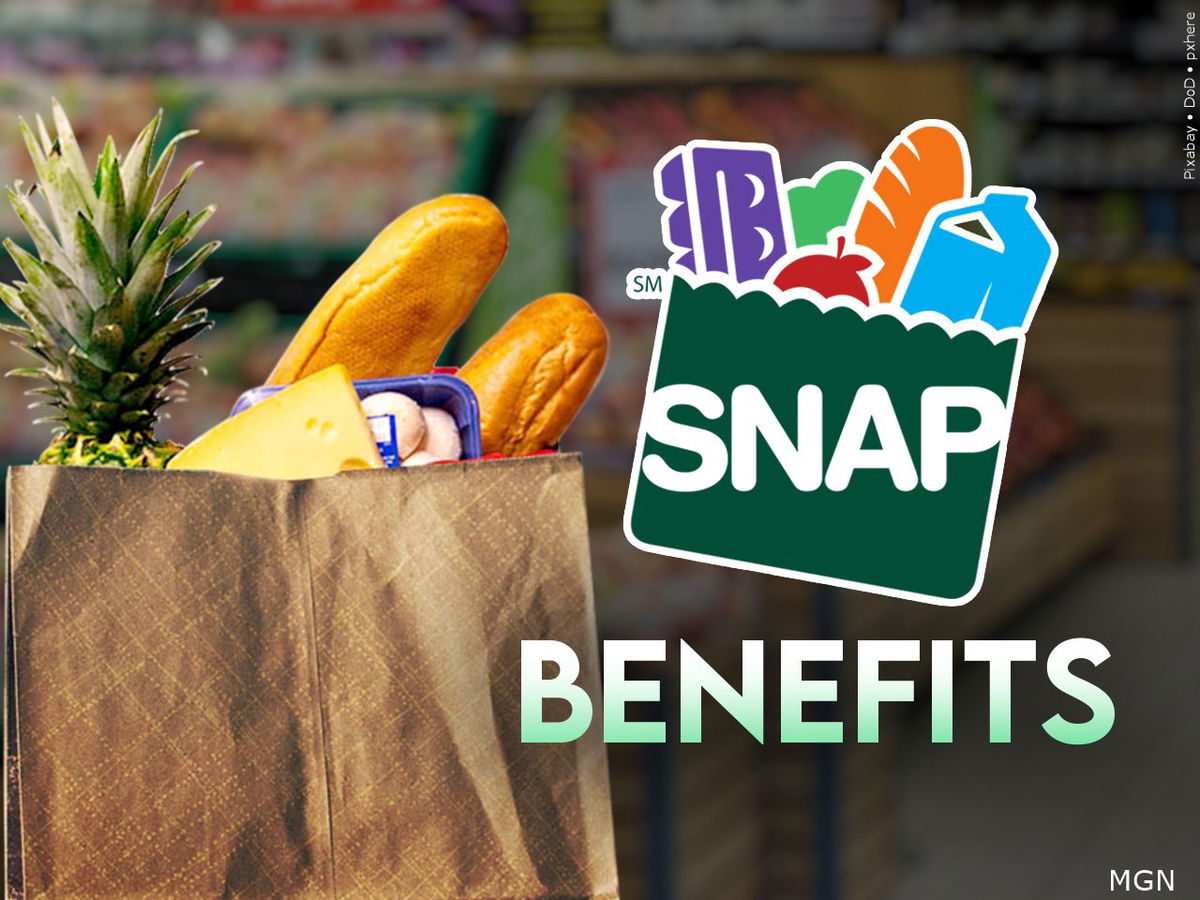COLUMBIA, Mo. — The state of Missouri is taking significant steps to amend its Supplemental Nutrition Assistance Program (SNAP) by applying for a waiver aimed at eliminating “unhealthy” foods from the program. This announcement was made on Monday by the office of Governor Mike Kehoe.
In a move to enhance the nutritional quality of food purchased with SNAP benefits, Governor Kehoe issued an executive order directing the state’s Department of Social Services to submit the waiver. Missouri now joins a growing list of states, including Iowa, Colorado, Arkansas, Florida, Idaho, Indiana, Louisiana, Nebraska, Oklahoma, Texas, Utah, and West Virginia, that have sought similar measures.
The push to amend SNAP comes in response to concerns about the health implications of certain food items. Many states are targeting items such as soda, candy, chips, and other products that are often categorized as unhealthy. This initiative reflects a broader trend among states looking to reform how public benefits are utilized to promote healthier diets among recipients.
In the press release, Kehoe emphasized the importance of fostering healthy families in Missouri, stating, “Healthy and nutritionally secure Missouri families are critical to supporting a path to self-sufficiency and, ultimately, a thriving state.”
Kehoe’s remarks align with a national dialogue about food assistance programs. His administration cites the urgent need to ensure that taxpayer dollars are effectively used to encourage the purchase of nutritious food. Currently, Missouri dispenses approximately $1.5 billion annually in SNAP benefits, a significant investment aimed at aiding families in need.
The governor’s office believes that refocusing SNAP on nutritious food options will not only improve the health of its recipients but also support the state’s agricultural sector. “With approximately $1.5 billion in annual SNAP benefits issued in Missouri, we must refocus our SNAP program to maximize nutritional health for families while also supporting the abundant agricultural output of our state,” added Kehoe.
This initiative to reduce unhealthy food options within SNAP is rooted in public health research that links poor dietary choices to chronic health conditions including obesity, diabetes, and heart disease. Advocates argue that by restricting access to junk food in SNAP, families will be encouraged to make healthier choices, potentially leading to a reduction in these health issues.
However, as with many policy changes, there is a spectrum of opinion regarding this potential waiver. Supporters assert that limiting unhealthy food purchases via SNAP is a proactive measure in combating public health crises; critics, on the other hand, express concerns about the implications for low-income families who may already struggle to afford nutritious food. They argue that this could unintentionally stigmatize food assistance recipients or limit their autonomy in food choices.
The debate over what constitutes “unhealthy” food can also be contentious. Food options that some deem unhealthy could be seen by others as acceptable based on personal preferences or cultural significance. This complexity adds another layer to the conversation surrounding SNAP and public health policy.
While the waiver application moves forward, the governor’s office has stated it will engage in discussions with various stakeholders, including health experts, advocacy groups, and community members, to gather input and shape the implementation of these changes.
It remains to be seen how these proposed changes will unfold in Missouri and the potential impacts on SNAP recipients across the state. Yet, Governor Kehoe’s administration is resolutely focused on creating a healthier future for Missourians, which may mean significantly changing how SNAP benefits are utilized.
As states across the nation continue to explore similar initiatives, the outcomes of Missouri’s endeavor could offer valuable insights into the complexities of food assistance programs and their role in shaping public health.






